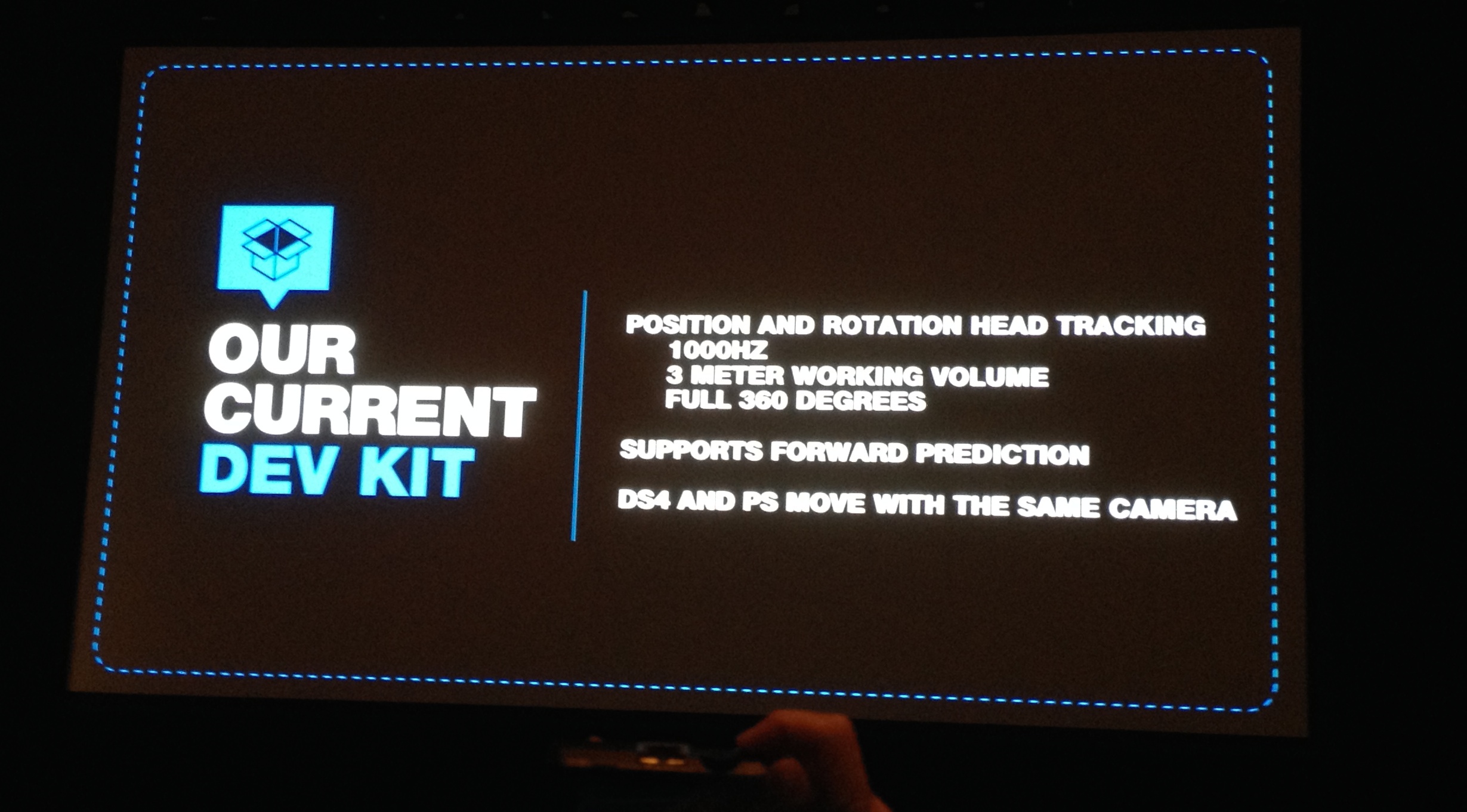In just an hour, Sony might have stolen the show at GDC with its unveiling of Project Morpheus, a proprietary virtual reality headset made exclusively for PlayStation 4, and the conference still has three more days to go. Shuhei Yoshida proclaimed this device as a hallmark of the company's pursuit for innovation, but with 1080p displays, integrated tracking technology, and almost three years of research and development, it also represents a substantial investment. Of the three console developers, Sony stands highest on a pillar of technical excellence and Project Morpheus, despite its shock value, falls steadily in line.
So what does this mean for the foreseeable future? Virtual reality, for one thing, is here to stay. The Oculus Rift instilled the hope that virtual reality would finally find a viable place in gaming, and Project Morpheus cements that dream (how serendipitous that Morpheus is known as the god of dreams). As presenter Dr. Richard Marks said during his talk, he's relieved to be on Sony's team for virtual reality, if just for the "job security."
My experience so far with the Oculus Rift, though somewhat dizzying and not one which pairs so well with glasses, has been lifted, and I'm sure that the various demos for Project Morpheus over the course of the rest of the convention will usher in an era of tech-savvy eyewear: London Studios' The Deep where players will dive into shark-infested waters; a VR-ready build of Thief from Square Enix; The Castle, an exploration-driven area with interactive objects including a sword that can be tested against a dummy; and CCP's new gunship spinoff title, EVE Vaklyrie. Like the PlayStation Vita, whose mistakes we hope Sony doesn't repeat, Sony is keeping the details of Project Morpheus close to its chest but will be providing tools for third-party developers so that they get started as soon as possible with implementation and experimentation.
With this much content all prepared for GDC, the PlayStation 4 must have been developed with Project Morpheus already in mind. The camera bar and the PlayStation Move were merely stepping stones, mile markers on the way to what Sony believes will define a new era in gaming. Indeed, the company believes that interactive tours, for tourist attractions, museums, and perhaps even prospective real estate and hotel booking, is not far from being commonplace once the tech is available (though maybe Google Glass would be better). Other interactive media for film and television will be made more viable, though I hope never to punch the air just to close a virtual pop-up ad.
Microsoft might be shaking in its boots, as Sony has been consistently leading the charge at keeping the momentum of the PlayStation 4, and there has yet to be an in-depth discussion about virtual reality headsets for Xbox One (E3, maybe?). I don't believe Nintendo is much concerned about Project Morpheus given that the company in recent years has not been about delivering cutting-edge hardware and peripherals. Unless this VR headset makes waves, though, with a steady stream of first-party and third-party content and at least one killer game that justifies its use, both Microsoft and Nintendo can live to fight another day.
However, with the considerable investment in time and money for Project Morpheus, Nintendo and Microsoft may simply choose to duck out of the battle for VR supremacy. One of the main features of the Kinect has always been its hands-free motion-tracking ability, so adding any additional peripherals for the hands or the head would conflict with its core design. If Microsoft chooses to enter the fray, the better option would be to leverage the popularity of the Oculus Rift and streamline its integration into the Xbox One. Meanwhile, Nintendo can sit out (not that it has much choice) and watch the two big guns try to out-spec and out-tech each other while it runs away with the handheld market and strong first-party titles.
Regardless of Nintendo and Microsoft's reaction to Project Morpheus, Sony has pinned virtual reality to its brand in the belief that it will have extraordinary and lasting value for the future of technology. At the very least, it will be a healthy head start. Many have questioned Sony's ability to pull its resources together and create a unified project that involves its many studios, even those outside of gaming, and Project Morpheus signals a shift, with a 1080p VR headset that has potential for gaming, film, TV, interactive media, and more.
Even if Sony is over-stepping its bounds and making a first strike that's far too preemptive, Project Morpheus (or whatever it's called when it arrives) will be the preliminary test in the market of consumer interest in virtual reality. That in itself will be groundbreaking. For sometimes the dream is just as important as the reality.
PlayStation VR Headset GDC Panel
-
PlayStation VR Headset GDC Panel #1

-
PlayStation VR Headset GDC Panel #2
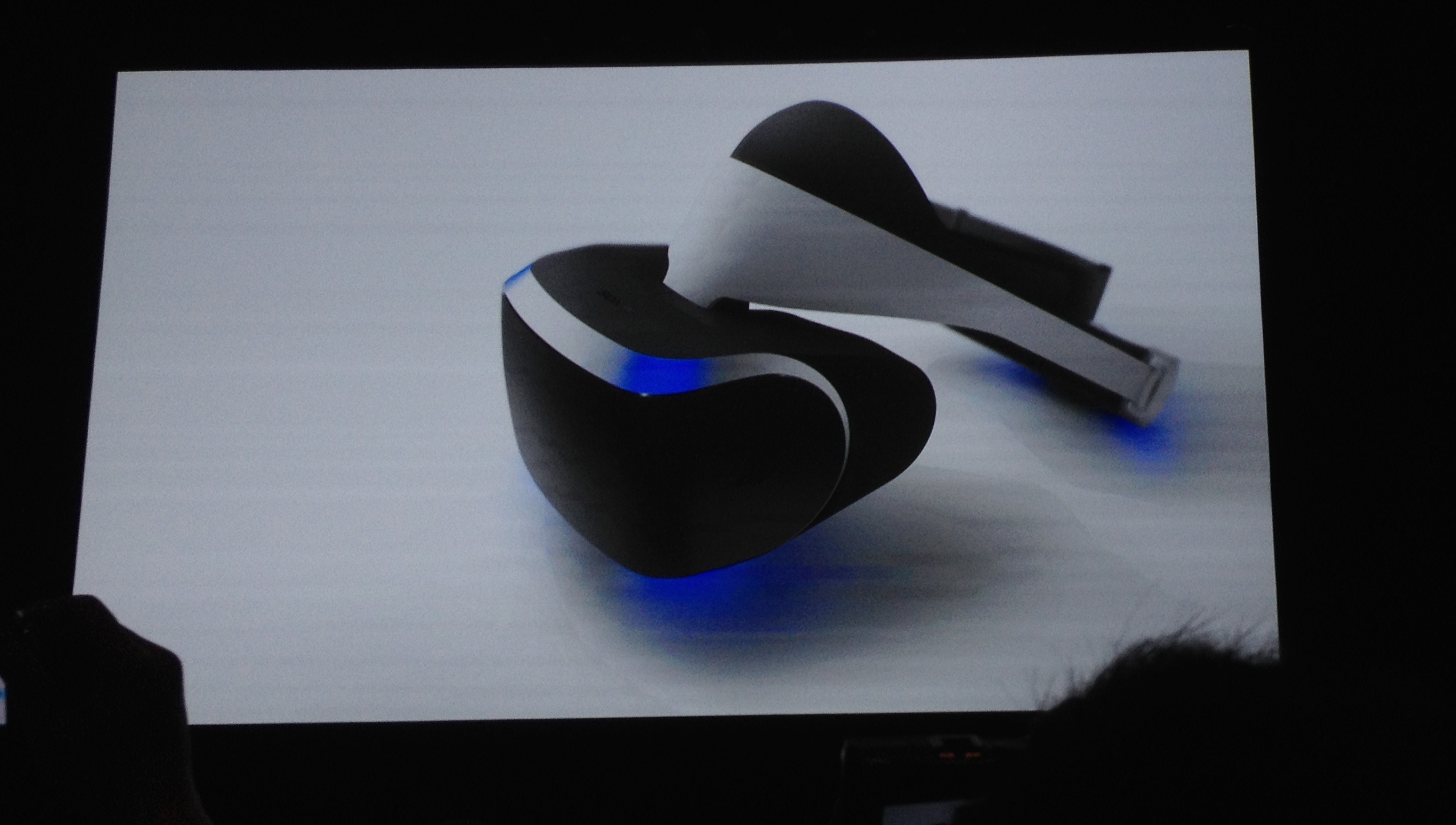
-
PlayStation VR Headset GDC Panel #3
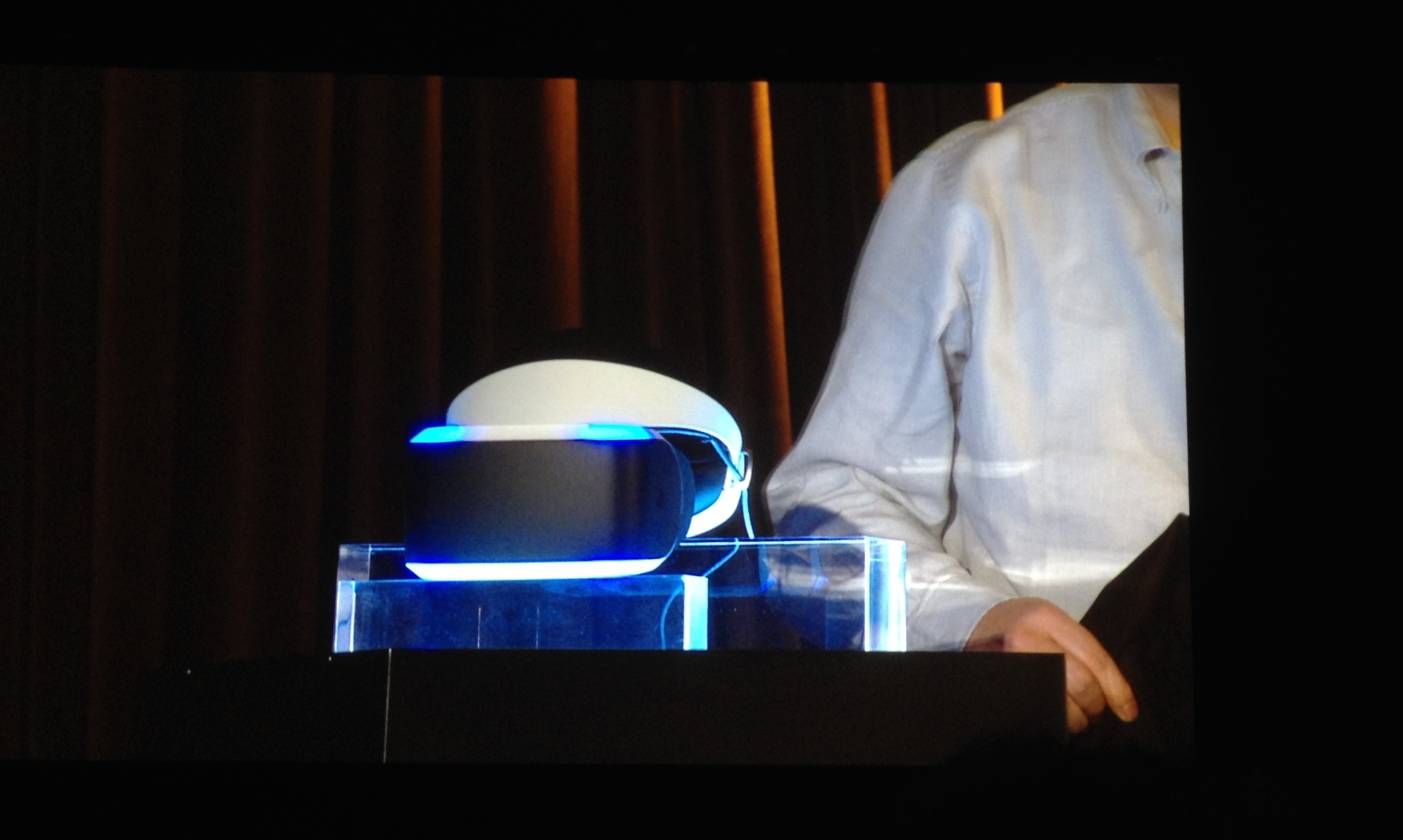
-
PlayStation VR Headset GDC Panel #4
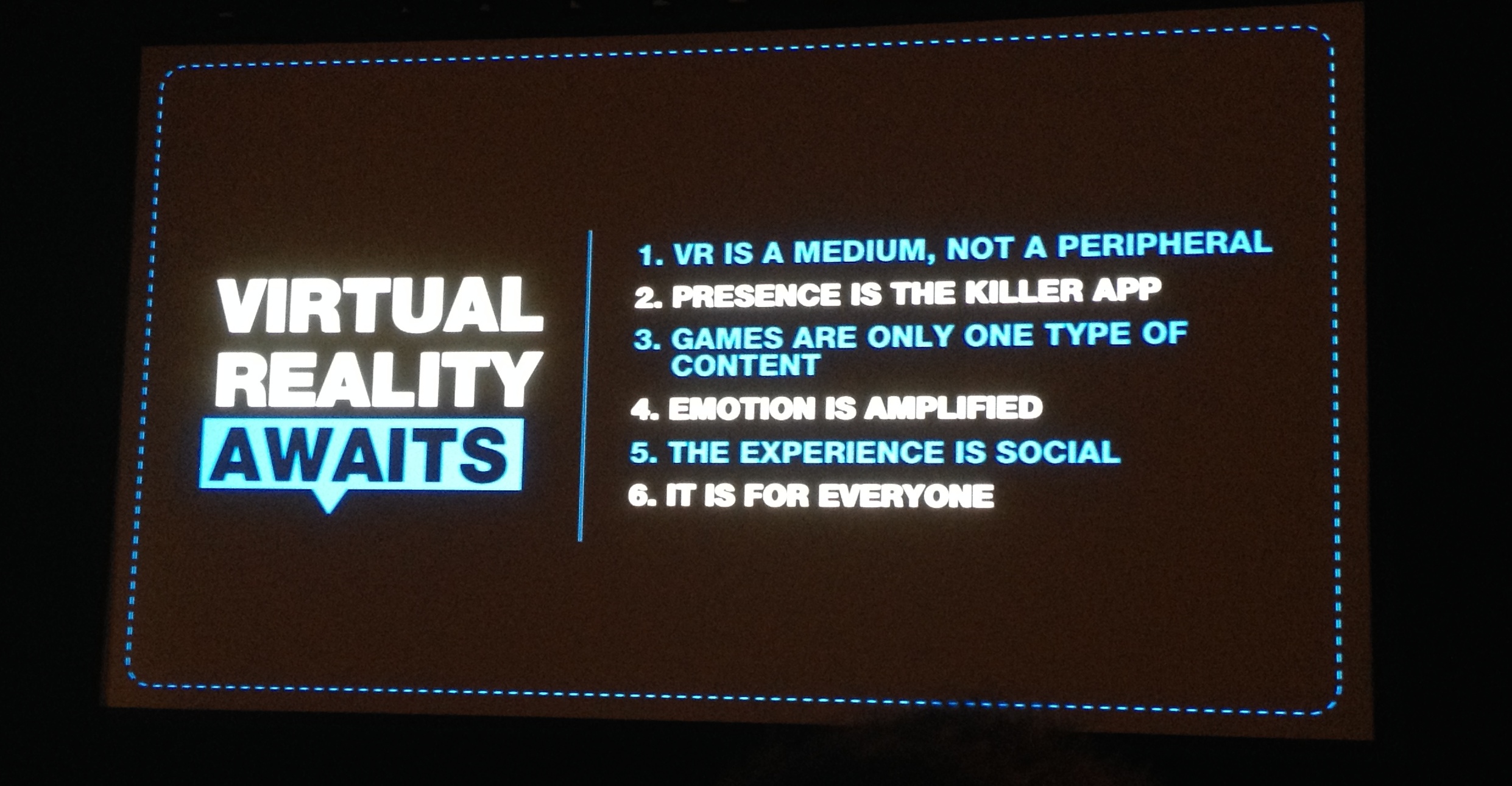
-
PlayStation VR Headset GDC Panel #5
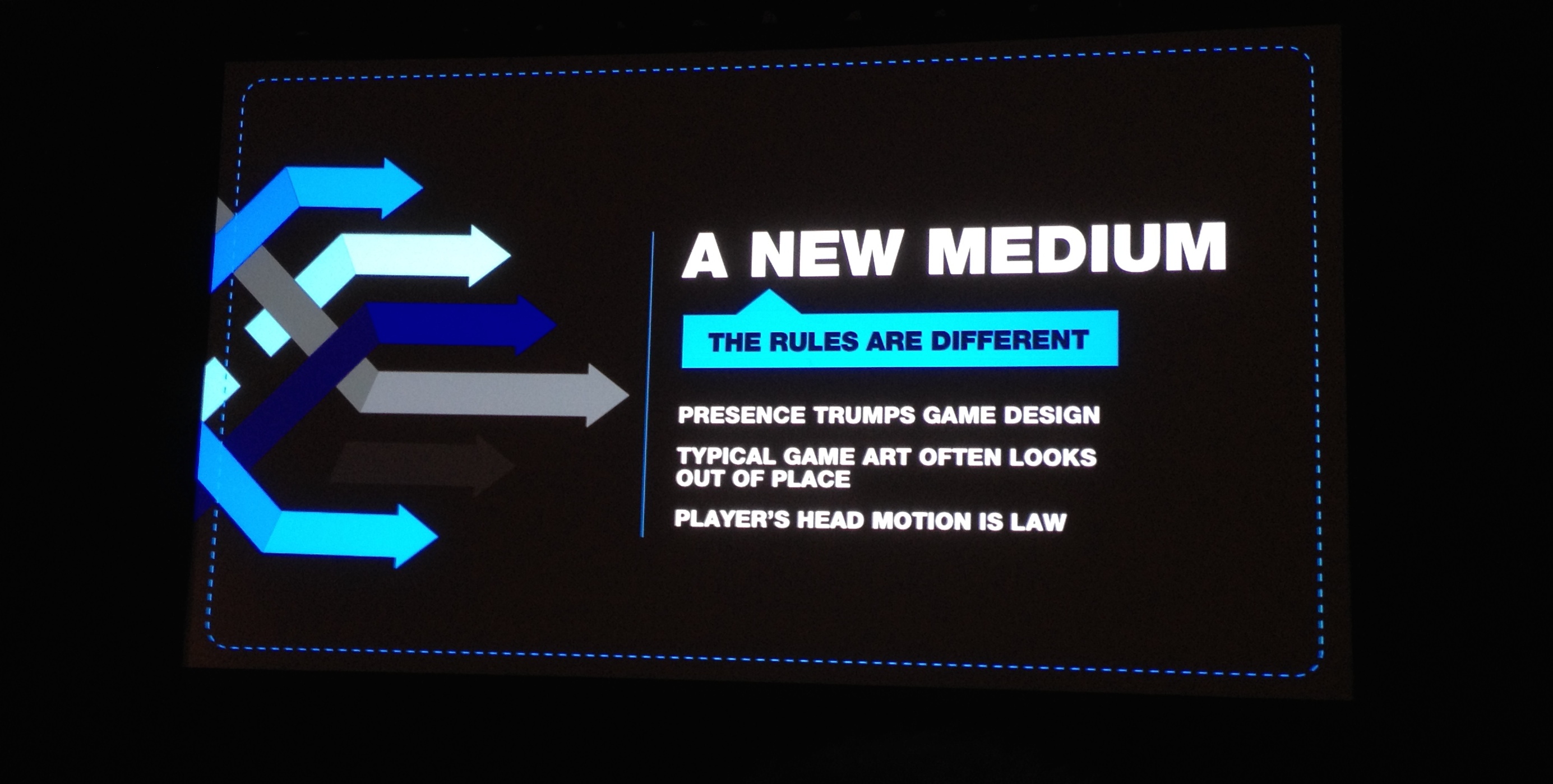
-
PlayStation VR Headset GDC Panel #6
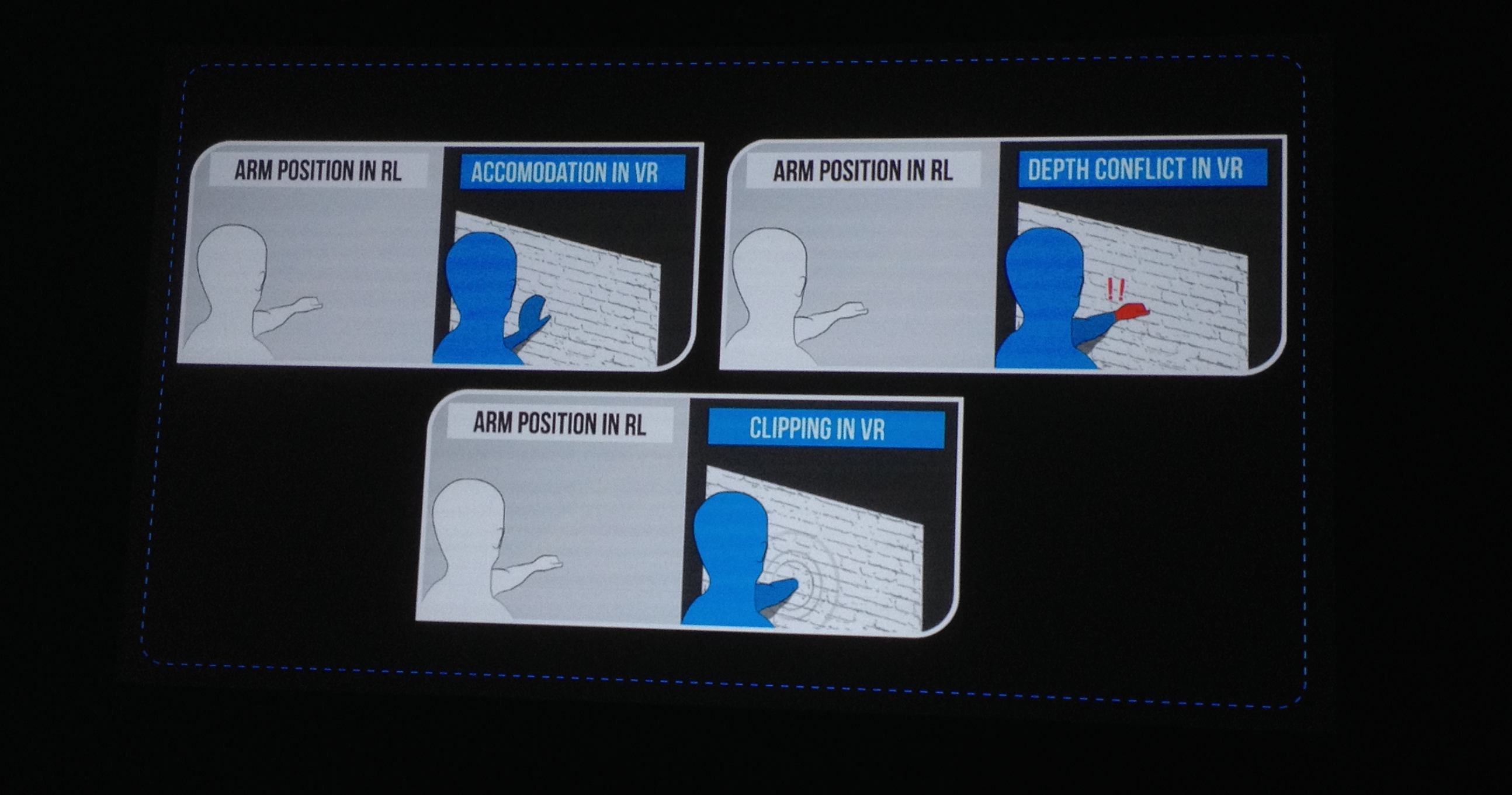
-
PlayStation VR Headset GDC Panel #7
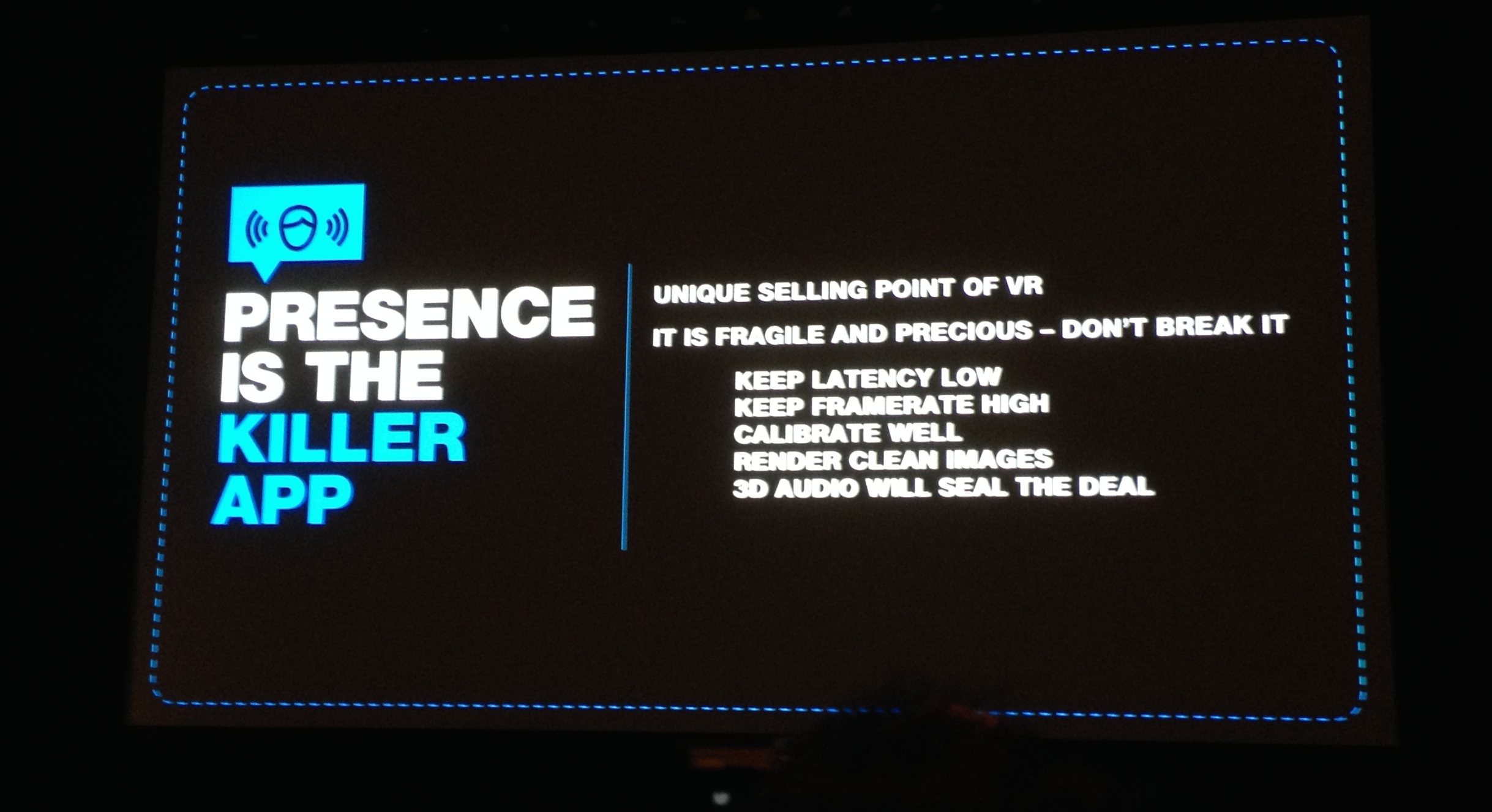
-
PlayStation VR Headset GDC Panel #8

-
PlayStation VR Headset GDC Panel #9
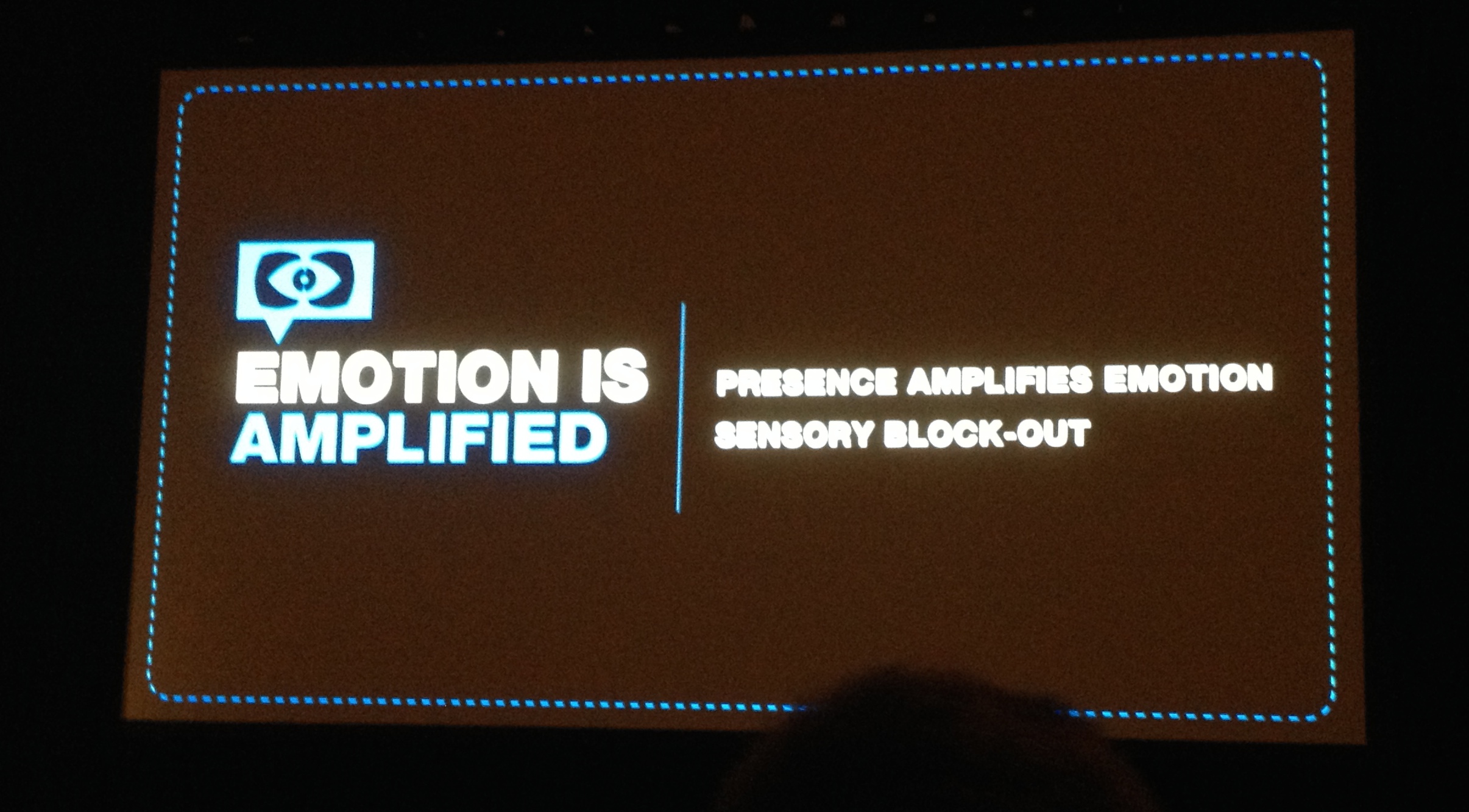
-
PlayStation VR Headset GDC Panel #10
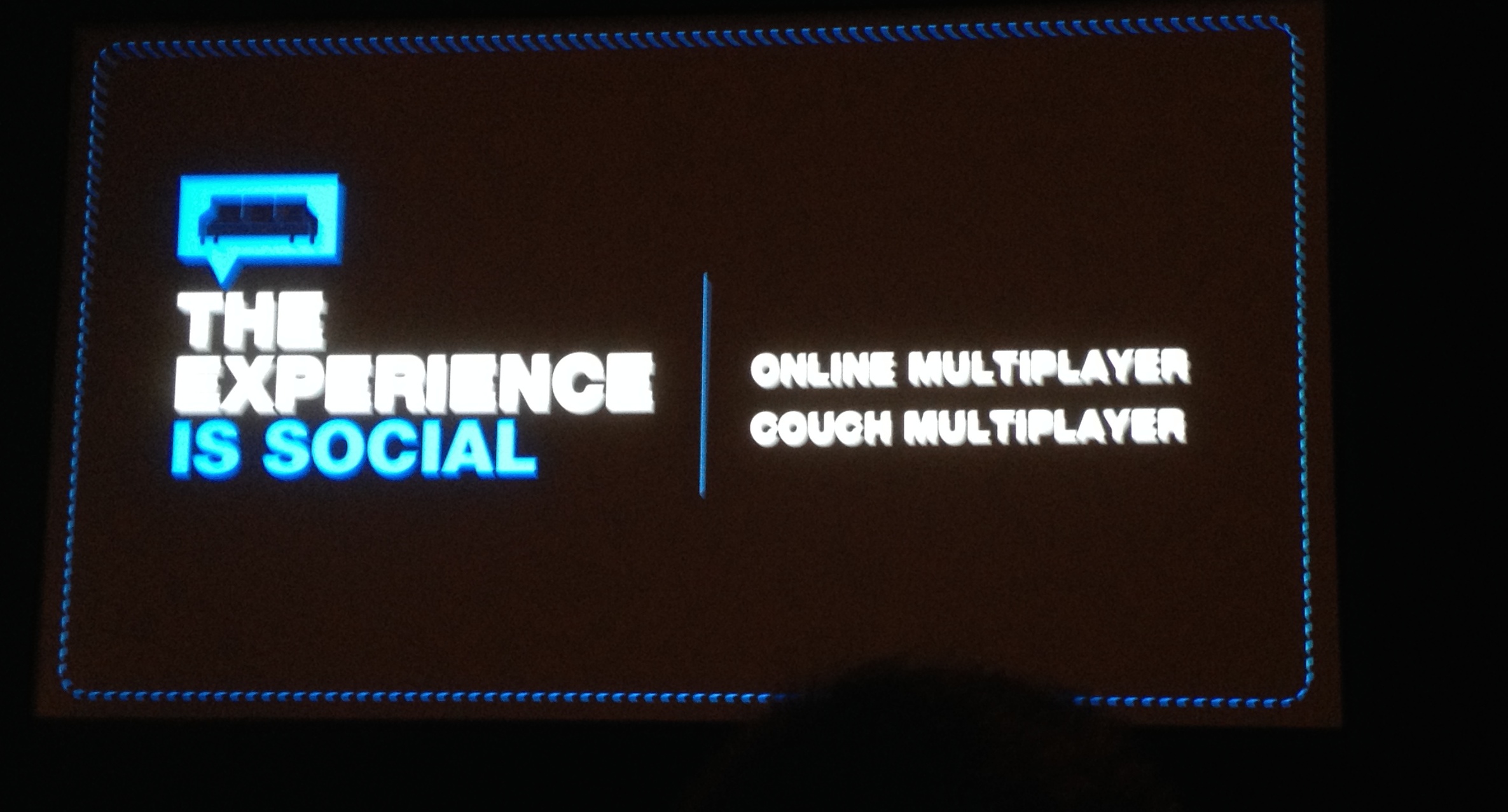
-
PlayStation VR Headset GDC Panel #11
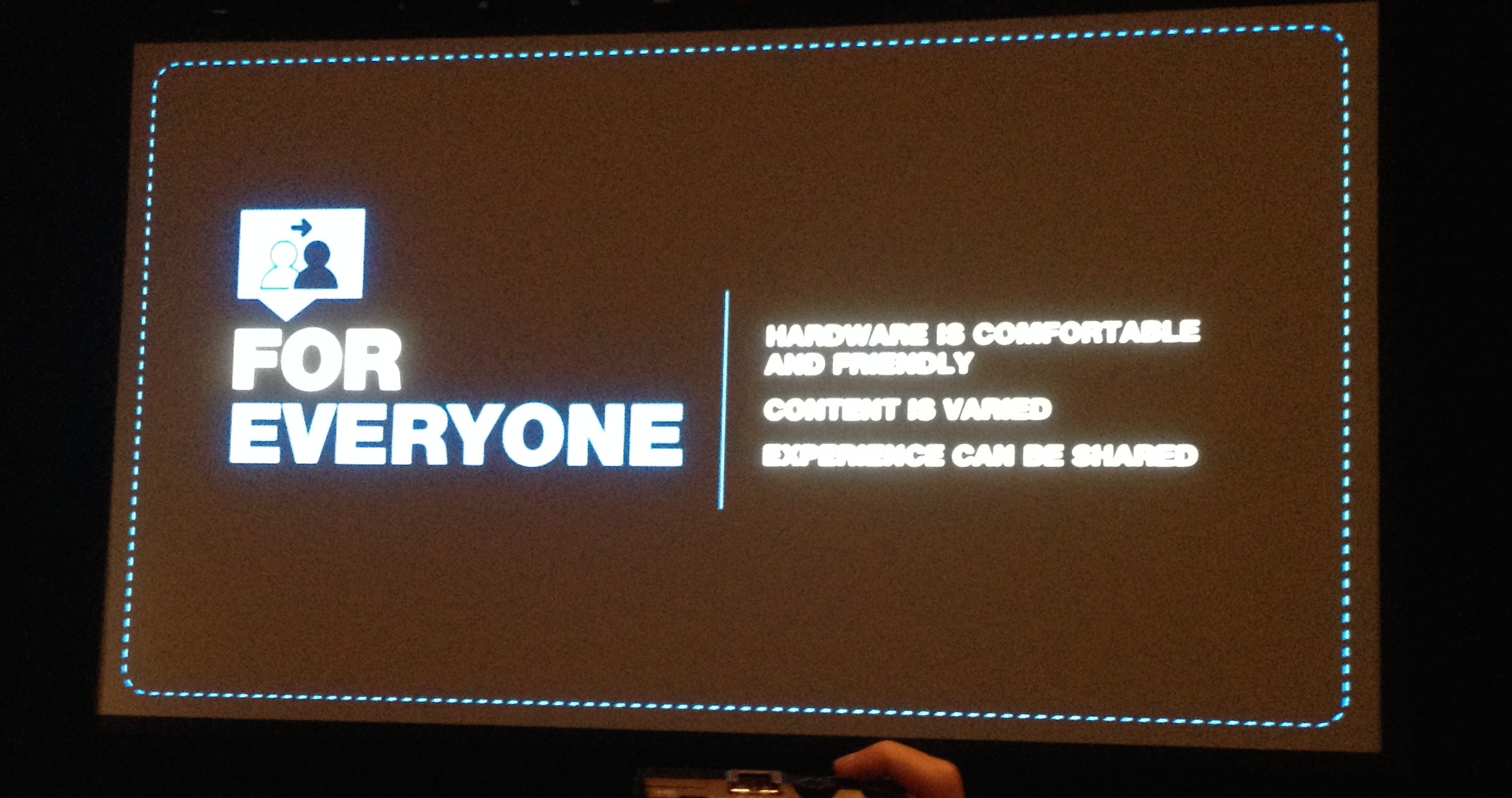
-
PlayStation VR Headset GDC Panel #12
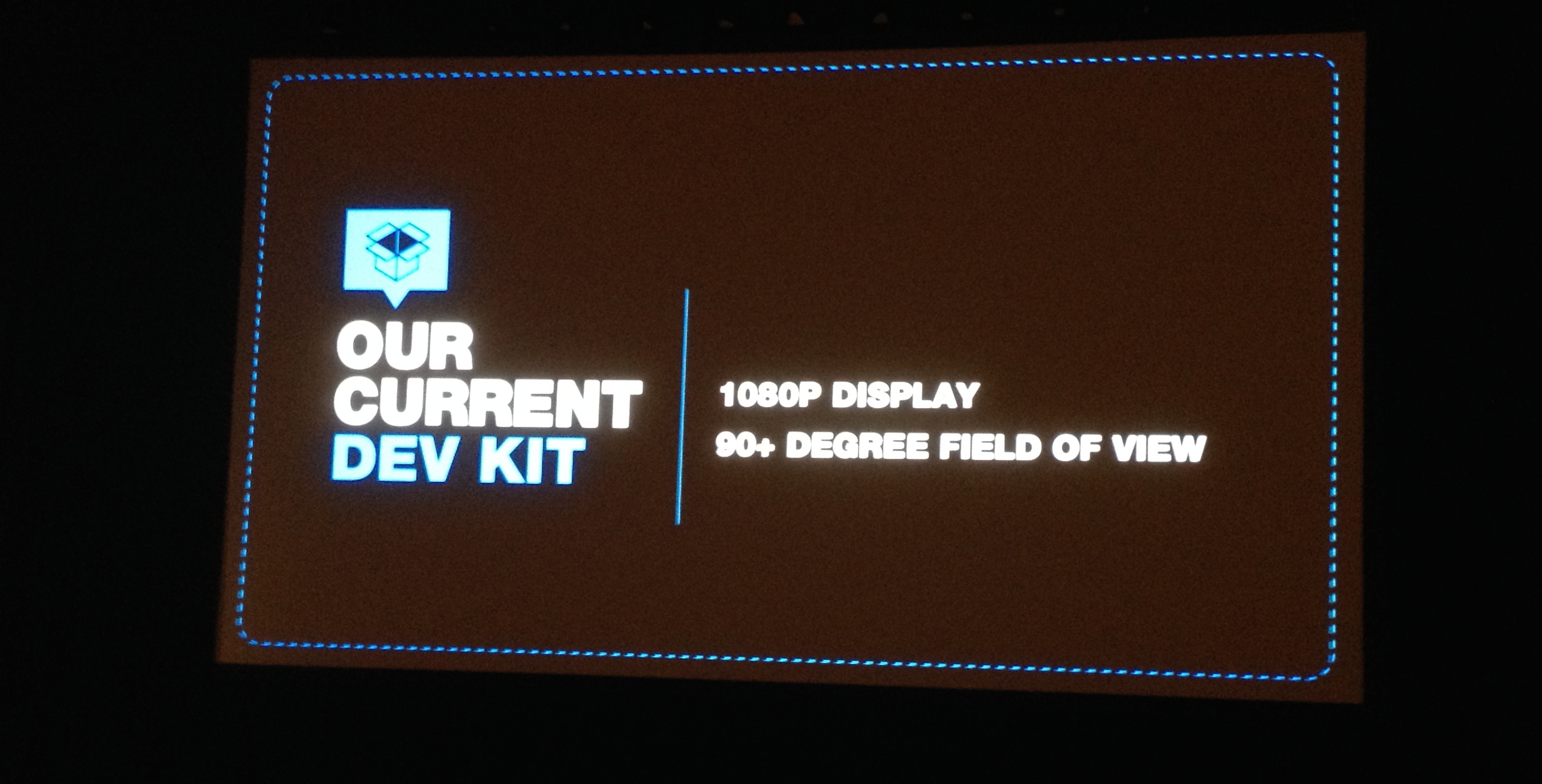
-
PlayStation VR Headset GDC Panel #13
